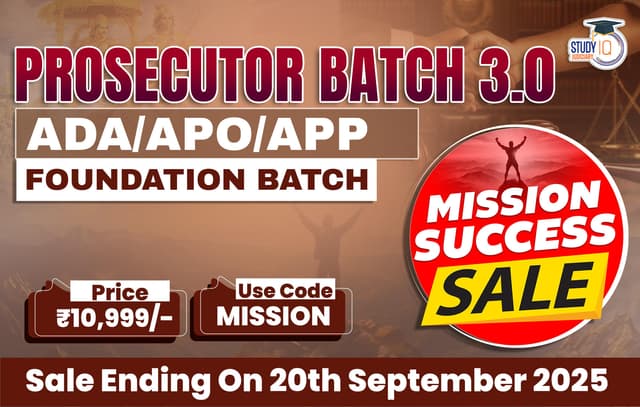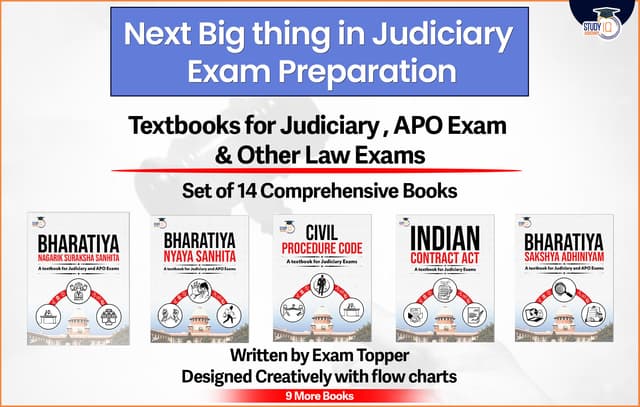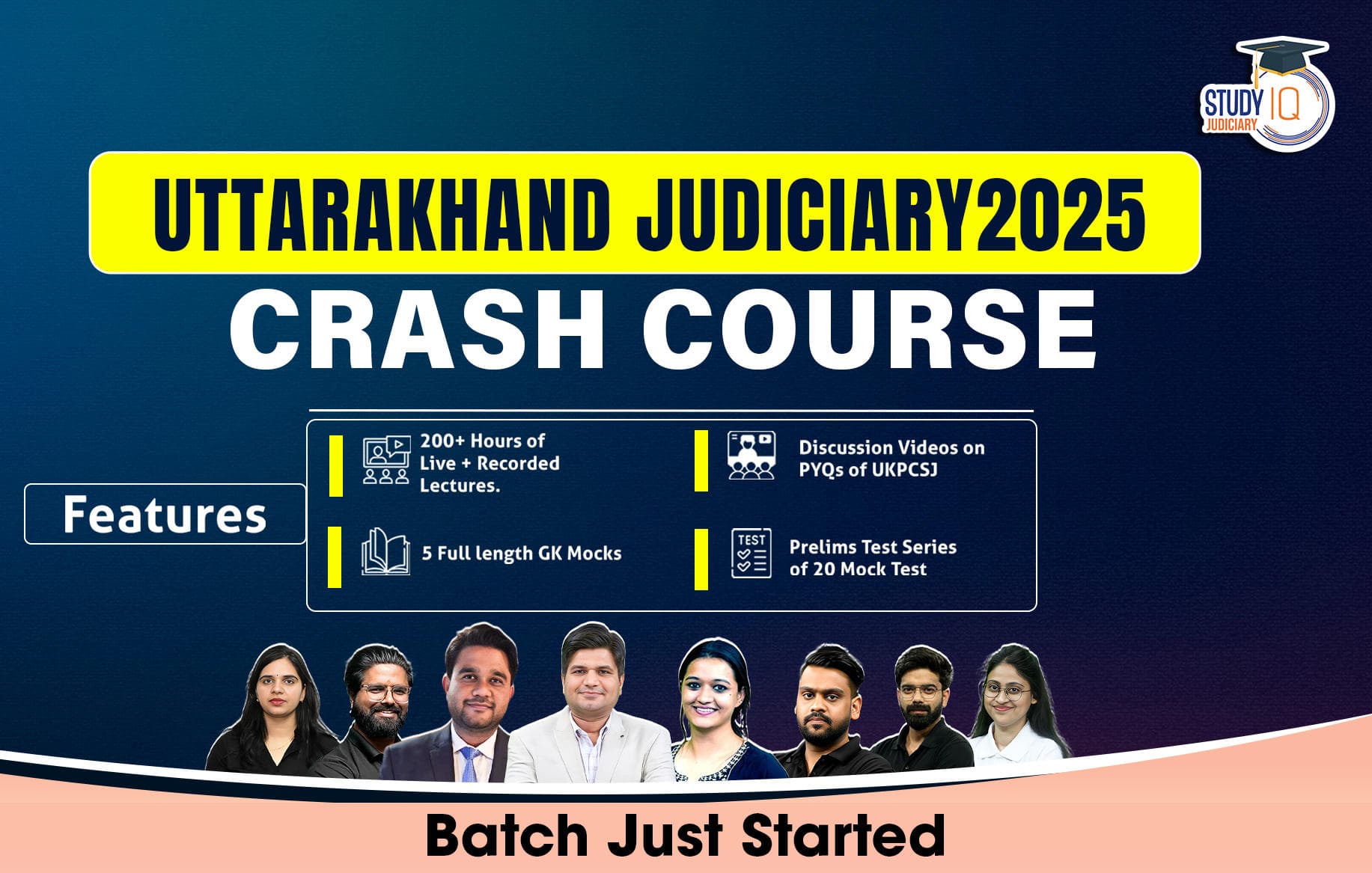Table of Contents
“Justice Delayed is Justice Denied”
Delayed justice frequently equates to justice denied. The recent acquittal in two prominent terrorism cases, the 2008 Malegaon blast associated with BJP MP Sadhvi Pragya Singh Thakur and the 2006 Mumbai train serial blasts, has aroused significant unease among Indian society.
Notwithstanding the catastrophic consequences of these assaults, the judiciary ultimately deemed the evidence insufficient, underscoring significant deficiencies in the investigations carried out by numerous agencies. These decisions highlight essential inquiries regarding the efficacy of India’s criminal justice system, the responsibility of investigating agencies, and the interpretation of constitutional safeguards in such delicate matters.
Background: The Malegaon and Mumbai Train Blast Cases
1. The 2008 Malegaon Blast Case
- Incident: In September 2008, an explosion at Malegaon resulted in six fatalities and 95 injuries. An inquiry conducted by the late ATS chief Hemant Karkare resulted in allegations of “saffron terror.”
- The prosecution has charged seven individuals associated with Hindutva, including Sadhvi Pragya Singh Thakur and retiring Lt. Col. Prasad Purohit. Accusations emerged that Special Public Prosecutor Rohini Salian was coerced by officials to take a more lenient position.
- The NIA court exonerated the defendants, referencing evidence as “inconclusive,” “unreliable,” and “inadmissible.” Procedural inaccuracies in the application of MCOCA and UAPA, insufficient connections between criminal instruments (e.g., motorcycle) and the accused, contradictory witness testimonies, and absence of organisational affiliations were seen.
- Judicial Statement: Special Judge A.K. Lahoti asserted, “The witness testimony is fraught with inconsistencies. It does not meet the standard of proof beyond a reasonable doubt.” The Court reiterated that “terrorism has no religion” and emphasised that convictions should be based on substantial evidence rather than mere perception.
2. The 2006 Mumbai Train Serial Blasts Case
- Incident: On 11 July 2006, bombs on Mumbai’s local trains resulted in 189 fatalities and 824 injuries.
- Investigation Discrepancies: While the ATS implicated Lashkar-e-Taiba and SIMI, the NIA subsequently ascribed responsibility to the Indian Mujahideen.
- The Bombay High Court exonerated 12 defendants owing to delayed and inconsistent witness testimonies, lack of forensic evidence, compromised chain of custody, unsubstantiated call detail records, and procedural infractions.
- The High Court scrutinised the delayed and defective prosecution, revealing significant investigative shortcomings and condemning the trial court for prior convictions.
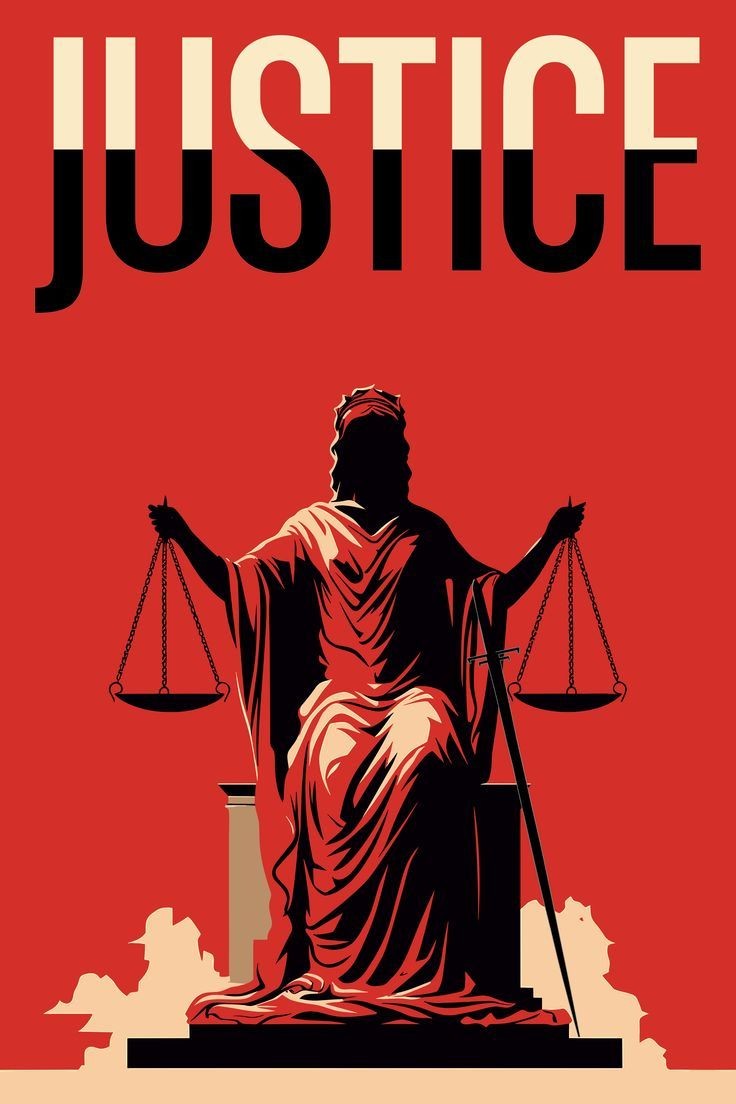
Constitutional and Legal Context
Presumption of Innocence and Due Process (Articles 20 & 21)
- The Constitution of India safeguards persons from arbitrary arrest (Article 20) and ensures the right to life and personal liberty (Article 21). These rights intrinsically encompass:
- The presumption of innocence,
- The obligation of the prosecution to establish charges beyond a reasonable doubt,
- The necessity for fair investigation and adjudication.
- The acquittals highlight the significance of these constitutional protections, especially in the face of egregious offences.
Responsibility of Investigative Agencies
- The breaches raise concerns regarding the accountability of the investigative agencies. Constitutional governance necessitates that such entities operate with diligence.
- The victims’ failure to attain closure after almost twenty years prompts inquiries regarding:
- Institutional safeguards and supervisory frameworks,
- The independence and transparency of anti-terrorism legislation such as MCOCA and UAPA,
- The due diligence is conducted by organisations such as the NIA and ATS.
Right to Judicial Review
- The Constitution guarantees prompt judicial action in cases of investigation shortcomings. The courts in both instances emphasised:
- The judiciary’s supervisory function in upholding evidentiary standards,
- The inviolable right to a fair trial,
- The right of victims to pursue redress via appeals.
Broader Implications and Emerging Patterns
Erosion of Public Confidence
- Repeated acquittals in terrorism-related cases erode public trust in law enforcement and judicial effectiveness. The verdicts pose a risk of leaving victims and impacted communities with unresolved wounds and unfulfilled justice.
Political Implications and Judicial Integrity
- The two controversies, allegations of coercion towards prosecutors and inconsistencies between ATS and NIA findings, underscore the perils of politicising criminal justice. Preserving judicial integrity and countering politicised narratives are vital for constitutional democracy.
Requirement for Institutional Reform
- The evidence indicates an urgent need for:
- Enhanced evidence collecting and forensic procedures,
- Clear inter-agency communications,
- Enhanced protections against prosecution overreach,
- Capacity enhancement for investigating agencies to adhere to due process.
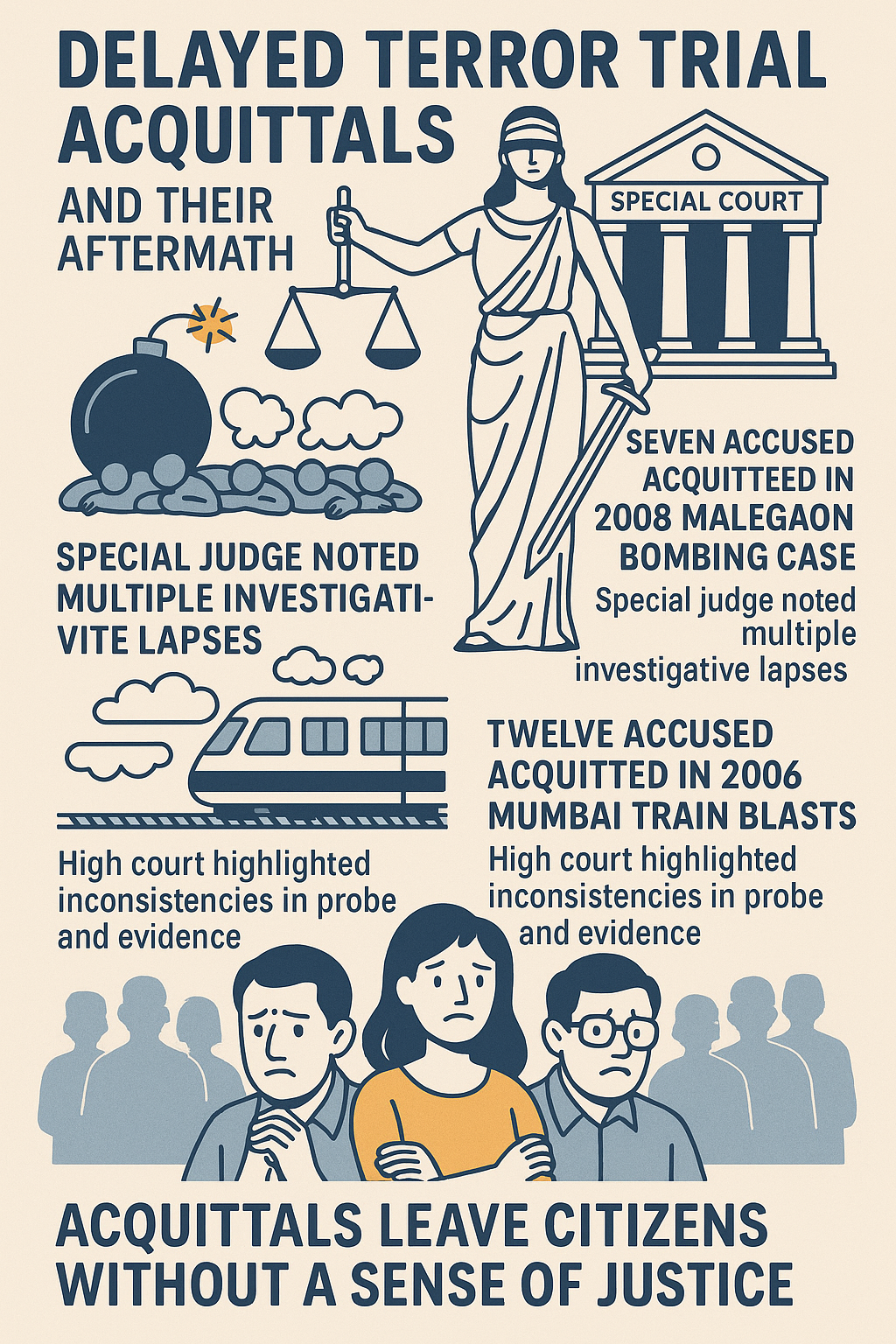
The Way Forward: Ensuring Justice and Constitutional Strength
1. Enhancing Investigative Standards
Implementing clear protocols and autonomous oversight systems for evidence collecting, witness management, and chain of custody is crucial.
2. Judicial Supervision and Instruction
Judiciary-facilitated training for investigators on constitutional evidentiary standards, rights safeguards, and procedural protocols may mitigate future deficiencies.
3. Regulatory Authorities
Implementing lasting oversight with stakeholders, particularly civil society, may improve openness in terrorism-related cases.
4. Victim-Centred Approaches
Facilitating compensation, providing post-trial assistance, and offering public clarifications upon acquittal uphold victims’ rights and reinforce confidence in the legal system.
- The acquittals in the Malegaon and Mumbai train bomb trials serve as poignant reminders that the rule of law must supersede hysteria, and constitutional principles must regulate anti-terrorism systems.
- Although the results may induce distress, they underscore that evidence is fundamental to justice.
- The democratic durability of India relies on institutions operating within constitutional limits, guaranteeing that even authoritative investigations do not undermine individual liberties.
- Delayed justice may cause suffering, but denied justice undermines the very underpinnings of faith and must be averted at all costs.

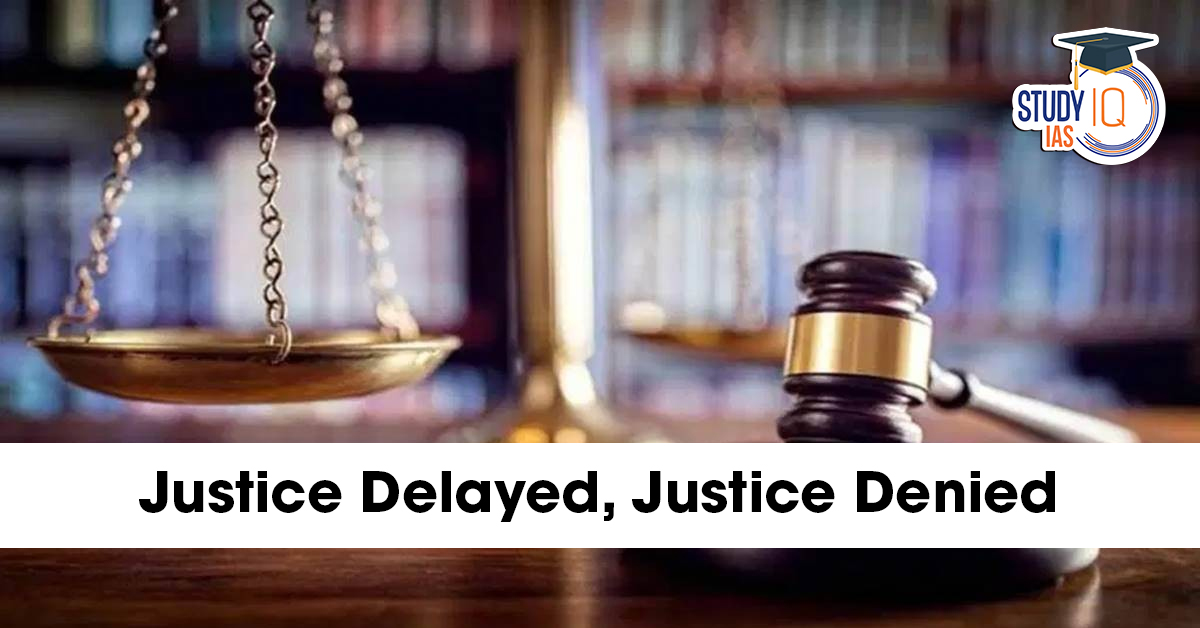
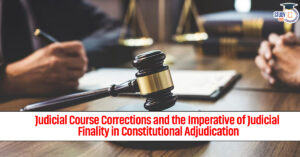 Judicial Course Corrections and the Impe...
Judicial Course Corrections and the Impe...
 Gig Workers, Labour Law, and the Illusio...
Gig Workers, Labour Law, and the Illusio...
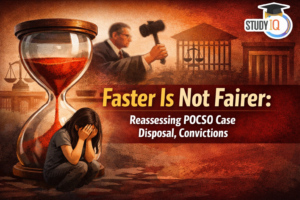 Faster Is Not Fairer: Reassessing POCSO ...
Faster Is Not Fairer: Reassessing POCSO ...


